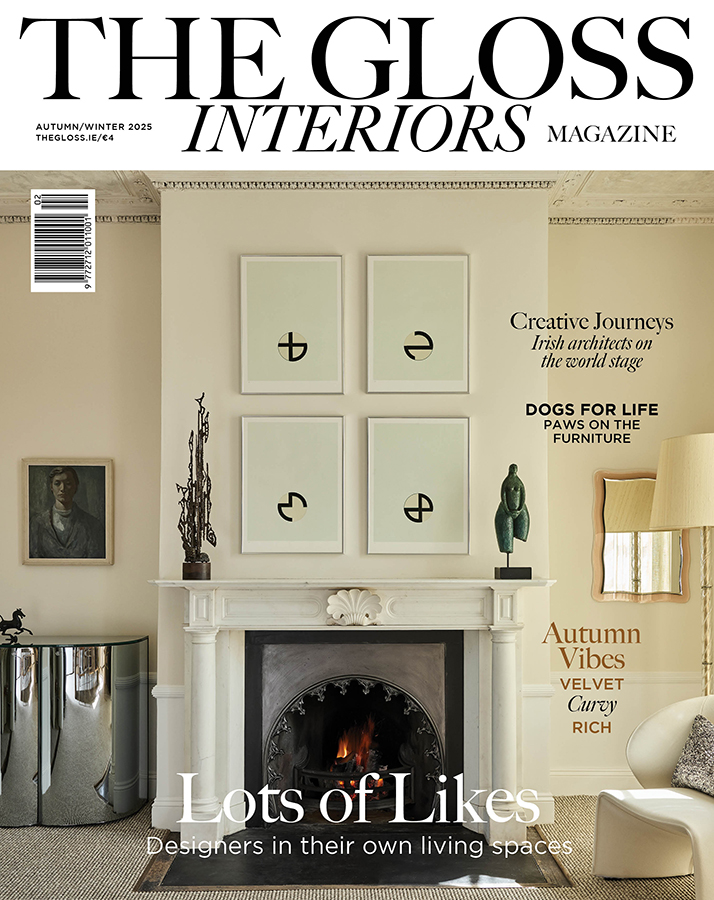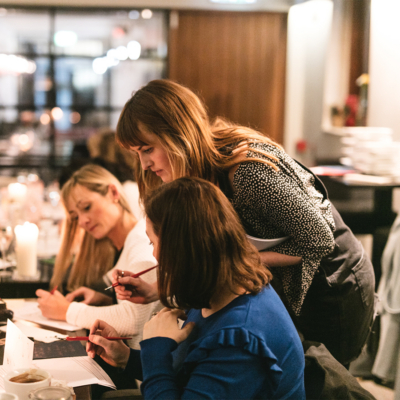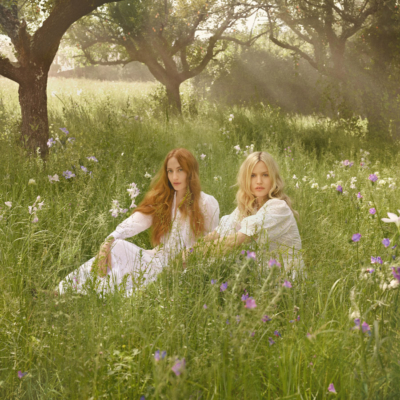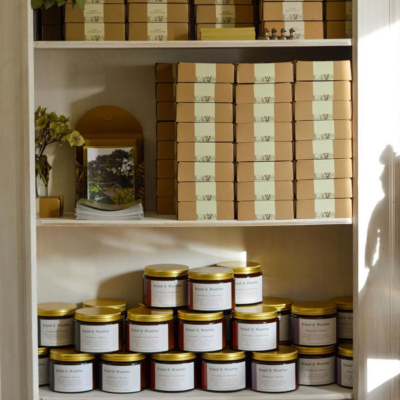It began on Sundays. A vague sense of dread and anxiety, a quiet totting up of the endless to-dos awaiting me in another week of quarantine working. A fervent muttering of promises that this week will be better, different. I won’t let things get on top of me; I won’t succumb to stress, self-inflicted or otherwise; I will conquer my brain’s new penchant for distraction. This motivational monologue was interrupted only by an hourly recital of the urgent tasks, important emails, and approaching deadlines looming menacing on my professional horizon and then, as I wished my employment away, the ringing remonstrance – blasted megaphone-like through my brain – that I was lucky to have a job in the first place.
Mondays always started out promising: checklist awaiting the smug ticks of completion, phone firmly out of reach, all news sources muted and silenced. I could do this.
By Wednesday, I definitely didn’t feel like I could do this. I was perpetually exhausted, distracted, riddled with an anxiety previously alien to me. This was supposed to be easier. Working from home and living in general. I was supposed to have more time and less distractions to accomplish both the necessary and the pleasurable administrations of life.
Yet, no matter how hard I tried, motivation and concentration abandoned me midweek, and I spent unproductive hours free-falling into shame and frustration at myself for being incapable of completing the most rudimentary of tasks. I seemed to be working longer only to achieve less as technology refused to cooperate, a lazy Susan-rotation of family members disrupted my concentration, and whole mornings disappeared – or were spent recovering from – the intense concentration of trying not to interrupt a colleague while still getting my point across on a Zoom call.
Almost half of Irish employees working from home due to coronavirus are logging longer hours than usual. An additional 38 hours of labour a month, in fact: the equivalent of a working week. We cannot switch off from work, we feel we are less efficient, we’re interrupted by family commitments and swamped with higher workloads. The impact of this is an astounding surge in anxiety amongst our dispersed workforce, with 70 per cent of under-24s and 63 per cent of 25-34-year-olds reporting an increase in work-related stress.
However, this stress has no voice or outlet, silenced by the guilt of having a job when so many have lost, or stand to lose, theirs. In a time where employment feels like a greater privilege than before, failure to perform doesn’t just feel lazy and ungrateful, it feels like a downright betrayal of everyone who’s been made unemployed by this crisis. Meanwhile, fears of redundancy and recession loom spectre-like in our minds.
As Gianpiero Petriglieri, an associate professor at Insead states, “There’s that heightened sense of ‘I need to be performing at my top level in a situation’… Some of us are kind of over-performing to secure our jobs.”
Almost half of Irish employees working from home due to coronavirus are logging longer hours than usual.
The result, for me at least, was a kind of paralysis. A vicious cycle of lethargic struggle in which I felt compelled to work harder than ever while being increasingly unable to do so. To try and voice the fact that I was struggling to cope in what was essentially a position of privilege seemed impossible. Yet it was becoming clear that, if I was to maintain any level of productivity – or sanity! – I needed to work less.
So, after a few weeks of feeling inadequate, distracted and generally stupid, I mustered the courage to ask for a four-day working week. Many employers are requiring employees to take some if not most of our annual leave immediately. I chose to use my leave – stored up to spend on reuniting with long-distance friends, festival recovery, and the odd staycation – on this: a one-day-a-week holiday of sorts, to restore purpose to my career and equilibrium to my days. I chose a Thursday – a day without work meetings and comfortably far from the slip-stream timelessness of weekends to remain significant, different.
The result has been extraordinary and a testimony to every major study that has proven the effectiveness of reduced hours. In the paraplegic noise of news bulletins, work group chats, and the general existential fear that life as we know it is eradicated forever, this one day has become a salve; a remedial balm that both soothes and re-energises me. The weeks are easier now, less insurmountable as even though I might be working less, I am achieving as much if not more than my previous five-day lethargy.
Most importantly, Thursdays are simply a day away, a day off. Away from a screen and off a phone. Away from the ping of emails; off in an ether where I can reconnect with a person who has never heard of coronavirus or rate of infection or the phrase, “unprecedented times.”
Thursdays are a time of genesis. You see, as I felt more pressure to perform at work, I was simultaneously experiencing a burgeoning creativity that had me yearning to pick up old hobbies, take up new ones, or finally begin that “project” I’ve been putting off for a decade.
With no clear delineation between work and personal boundaries, I had been sitting at a desk, ensconced by things I associated with “free time” – a jar of paintbrushes, clothes I’ve been meaning to upcycle, cookery books – and found myself almost resentful of the job getting in the way of creative potential and pleasure. I didn’t and don’t want to waste the precious opportunity of this quieter time to create, to live, and to listen. To use the most banal – and yet most poignant – of clichés: life is too short.
I’m painting again.

I am writing this on the fourth Thursday of my new normal. I am sitting in the garden, my weak attempt at the barista concoctions of a pre-lockdown life to my right; a journal and long-longed-for novel to my left. There is a dog at my feet, sun on my back. I don’t know where my phone is. Normally, when I write these pieces, it is in the dawn hours before my regular job or in the post-work fug of evenings. Having the gift of this day has returned this writing to a pleasure – an activity of leisure rather than a deadline and a wordcount that must be met. My coffee is not the fuel I need to “get through” the morning, but a luxury to be sipped, savoured, cradled with hands that are happy to hold a mug and nothing else.
When I finish this writing (we’re nearly there, I promise) I will go for a run. I generally run on these Thursdays. Except, these perambulations are different to the sprints of old. No longer confined to a particular route whose distance and time to complete have been carefully mapped out or focused on a goal akin to corporal punishment, these runs are exploratory, adventurous. In a world where we feel like we can’t go anywhere, these meanders are my expedition into the unknown; a voyage of discovery into the boreens and valleys of my rural five kilometres.
I find my favourite, most flamboyant exercise gear; load a podcast I never have time to fully listen to or album I never get around to and I just … go. Pace and direction are irrelevant. I am running for the sheer joy of it, a luminous figure bobbing in silent and euphoric ecstasy as I take in the views that are often blurred in the rush to beat my personal best, get to the next lamppost, make it home in time to shower, feed pets, inhale breakfast, stick on a wash, meditate, shave, mentally prepare for work.
It is unsurprising that, on these runs of pleasure that have been drained of the pressure to “succeed”, I am running longer distances than I ever believed my body could.
I run faster.
Perhaps it is a beautiful metaphor for my new working life. Where, to the external eye, it might appear I am slowing down, losing focus, directionless. Yet in reality, I am just getting into my stride – forging my own path to the same destination.
I’m perfectly aware that what the world needs now is probably not an article on how wonderful it is to have the professional flexibility, financial security, and personal support to choose to work less. On the other hand, maybe it is exactly what we need now. Because our current working arrangement simply isn’t working for many of us. And life is too bloody short.
LOVETHEGLOSS.IE?
Sign up to our MAILING LIST now for a roundup of the latest fashion, beauty, interiors and entertaining news from THE GLOSS MAGAZINE’s daily dispatches.














